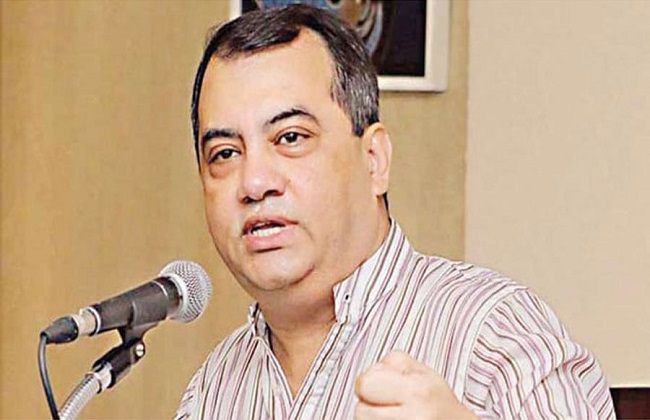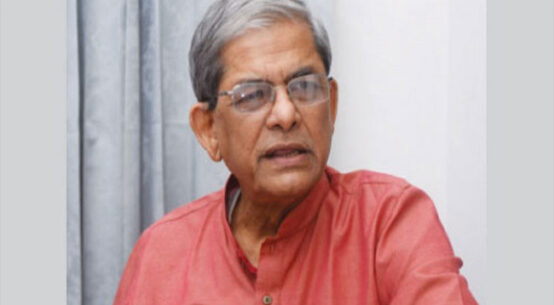
Environment, Forest, and Climate Change Minister Saber Hossain Chowdhury said that the government is actively working to improve the e-waste management system in Bangladesh.
He made this announcement during a meeting with Manisha Dogra, senior vice president of Telenor Asia, at the Bangladesh Secretariat on Sunday.
The minister emphasized the government’s strong commitment to implementing a sustainable agenda, which includes increasing energy efficiency, expanding the use of renewable energy, and reducing single-use plastics.
He also mentioned that the government is working towards making Bangladesh a climate-resilient country.
The targets for Nationally Determined Contribution (NDC) will be revised soon, and the drafting of Extended Producer Responsibility (EPR) guidelines will be finalized by June.
He urged Telenor to continue its collaboration to foster a greener Bangladesh.
Manisha Dogra affirmed Telenor Asia’s commitment to environmental sustainability and climate action in the region, expressing dedication to supporting the Bangladeshi government in its journey towards a sustainable future.
During the meeting, discussions focused on efforts to address pressing environmental challenges and enhance sustainable development. Both parties expressed a shared vision for a greener, more resilient future.
Every year millions of electrical and electronic devices are discarded as products break or become obsolete and are thrown away. These discarded devices are considered e-waste and can become a threat to the environment and to human health if they are not treated, disposed of, and recycled appropriately. Common items in e-waste streams include computers, mobile phones, and large household appliances, as well as medical equipment. Every year, millions of tonnes of e-waste are recycled using environmentally unsound techniques and are likely stored in homes and warehouses, dumped, exported or recycled under inferior conditions. When e-waste is treated using inferior activities, it can release as many as 1000 different chemical substances into the environment, including harmful neurotoxicants such as lead (3). Pregnant women and children are particularly vulnerable due to their unique pathways of exposure and their developmental status. The International Labour Organization (ILO) estimates that 16.5 million children were working in the industrial sector in 2020, of which waste processing is a subsector


